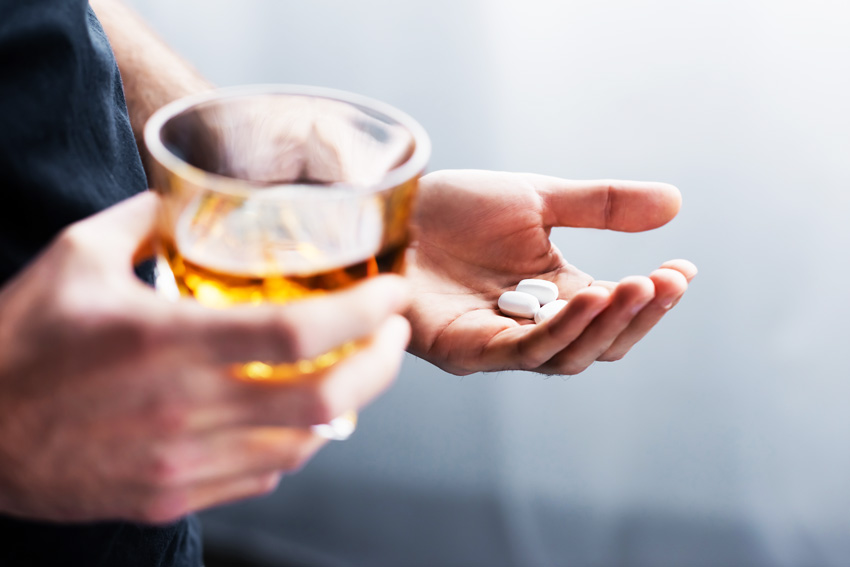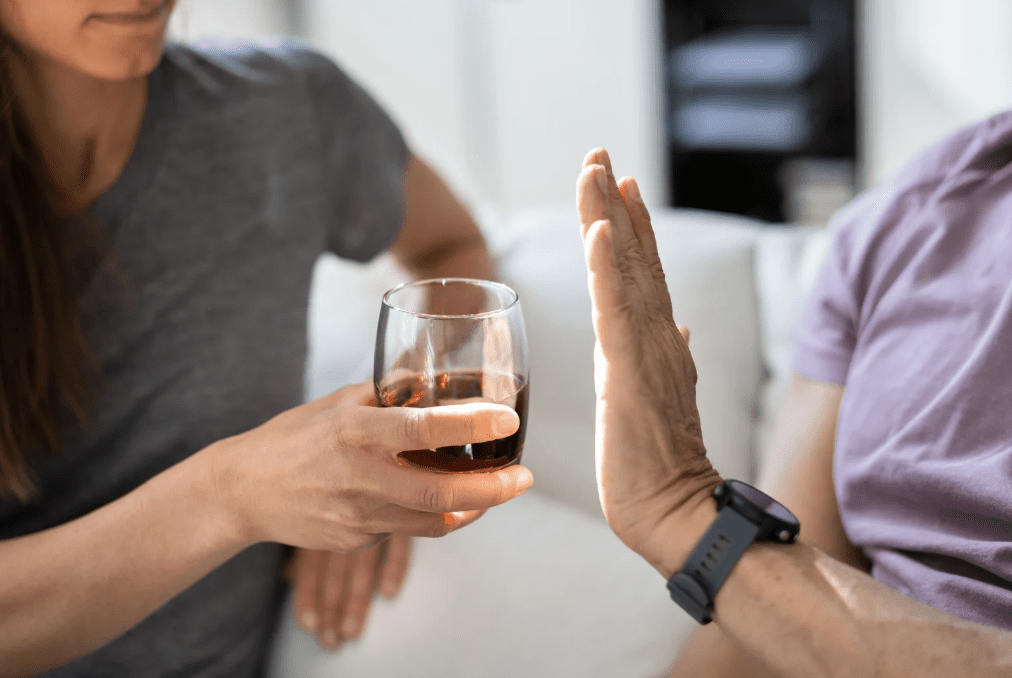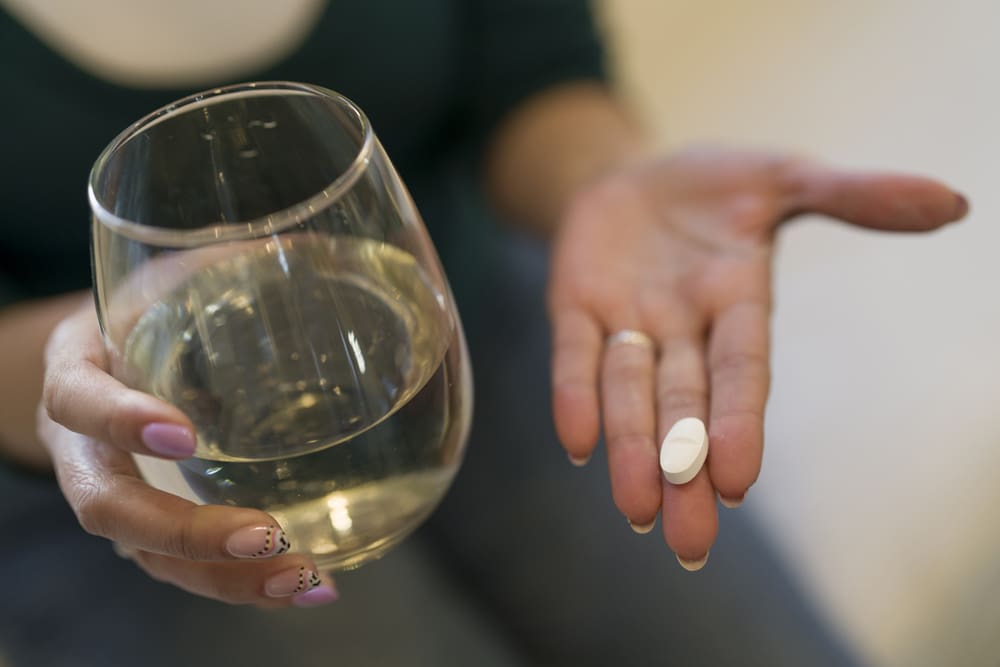It can be easy to think about substance abuse as though it is always a single thing. A person drinks too much or they have too many prescriptions for dangerous painkillers or they take a specific drug they buy on the street. We think of the drunk or the pill popper or the person with track marks on their arms. Everything seems neatly divided into specific, easy-to-understand categories.
Not So Simple
But of course, like so much in life, the truth is often far more complicated than that. Sometimes a person is using more than one drug at the same time—and those combinations can be even more dangerous than any drug on its own. For example, mixing alcohol and opioids can have serious consequences.
Starting with the General…
First and foremost, alcohol can increase the effects of some drugs. The reverse is true as well: some drugs can increase the effects of alcohol. One way this might be accomplished involves competition for enzymes in the body between the ingested drug and alcohol. Sometimes this competition can prolong the overall effects of the drug, which can increase the negative impact on a person’s body.
In extreme cases, the enzymes activated by alcohol can transform some drugs into dangerously toxic chemicals. The result can be long-term damage to the pancreas, liver, or even the brain.
Alternately, chronic alcohol abuse can activate enzymes in the body that will actually decrease the effect of some drugs. This can cause a person to use more and more of a drug in pursuit of the same high it used to provide. This situation greatly increases the likelihood of an overdose.
…and Moving to the Specific
When we’re talking about mixing opioids and alcohol, some specific symptoms are common:
- Confusion and/or an inability to recall how much of a drug was ingested
- Respiratory issues, including shallow breathing and increased difficulty breathing
- Experiencing extreme sleepiness or even falling into a coma
Obviously, respiratory issues and comas are serious conditions, but they aren’t the worst things that can happen when opioids and alcohol are consumed together. In some cases, the combination of opioids and alcohol can result in death.
The Importance of Honesty
Let’s say you suffer an injury that has you dealing with some significant pain. Maybe you’re heading to the doctor to see if you can get some relief. It might not occur to you that your alcohol use is relevant to the conversation with your physician (even if you sustained the injury because you’d had too much to drink). But as we’ve shown, it is very important that you avoid taking opioids—even those prescribed for a legitimate purpose—if you have a substance use disorder involving alcohol.
To reiterate: if you have a history of problematic alcohol use or currently have an issue with alcohol, it is essential that you disclose this information to your doctor if they are considering prescribing an opioid for pain relief or other purposes. The danger of opioids and alcohol in combination are far too serious to ignore, and your physician must be aware of how you consume alcohol in order to make the best possible decisions regarding your healthcare.
You might feel embarrassed about admitting a drinking problem to your physician, but overcoming that embarrassment can save your life—and might also put you on a path toward getting the help you need to address your substance use disorder.
No Matter How Many Substances Are in Play, You Can Count on Us
Whether you are struggling with a single substance or a combination of various drugs or alcohol, you can find nonjudgmental, effective aid at St. Gregory Recovery Center. We are prepared to help with your substance use disorder, any co-occurring disorders, and any underlying trauma that might be contributing to your difficulties. We offer a combination of expertise, compassion, and personalized care that will give you the tools you need to navigate detox, rehab, and recovery. Your long-term sobriety is our goal.











